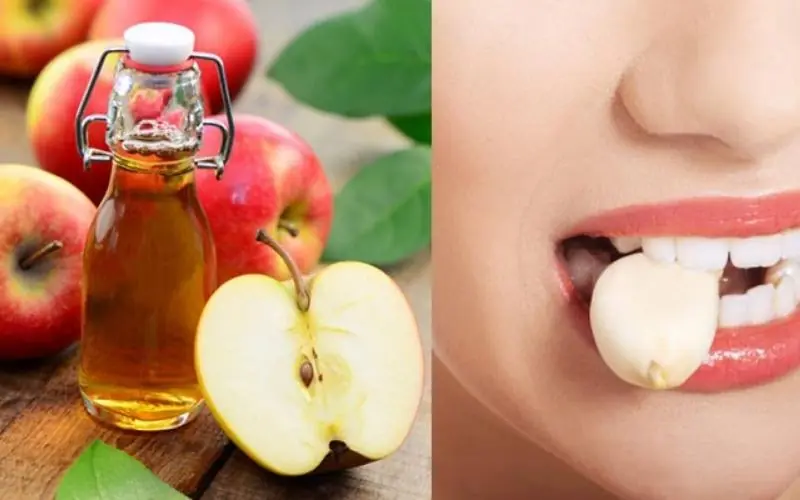
Should you replace cooking oil with coconut oil? The truth might surprise you
Coconut oil has been praised for years as a miracle ingredient — a “superfood” that could supposedly boost your metabolism, burn fat, and even improve brain function. But is it really the healthier alternative to regular cooking oil that many people believe it to be? Recent research and expert opinions suggest otherwise — and the truth is a lot more complicated than social media claims.
Many households today have switched from regular vegetable oil to coconut oil, hoping to maximize its health benefits. Yet, the debate over whether coconut oil is good or bad for you has continued for years. Karin Michels, a professor of epidemiology at Harvard University, sparked global discussion when she described coconut oil as “pure poison.” Her reasoning? Coconut oil is composed of over 90% saturated fat, a level even higher than lard, which can raise cholesterol and increase the risk of heart disease.
The key to healthy nutrition is balance, not obsession. Every type of fat has its role — but too much of anything, even something considered “good,” can lead to harm. Coconut oil, while offering certain advantages, should never completely replace other oils in your diet.
Coconut oil contains mostly saturated fatty acids, dominated by lauric acid, which makes up nearly half its content. Unlike long-chain fatty acids found in most vegetable oils, lauric acid is a medium-chain fatty acid (MCFA) that is absorbed differently — it travels straight to the liver, where it’s converted into ketones and used for quick energy. Some studies suggest these ketones might benefit brain health or slow cognitive decline, particularly in dementia patients.
However, experts warn that these effects are limited and not well-proven. While MCFAs may help with short-term fat metabolism, coconut oil still delivers 9 calories per gram, the same as any other fat. Overconsumption easily leads to excess calorie intake and potential weight gain.
There’s also concern about its impact on cholesterol. Studies have shown that coconut oil raises both “good” HDL cholesterol and “bad” LDL cholesterol — but the overall ratio doesn’t necessarily improve. According to the American Heart Association, daily saturated fat intake should not exceed 13 grams, far less than what’s found in a few tablespoons of coconut oil.
In short, while coconut oil isn’t toxic, it’s not a health miracle either. It’s simply another fat source that needs moderation and variety. Nutritionists recommend rotating between different oils to ensure a balanced nutrient profile.
So, how should you use cooking oils wisely?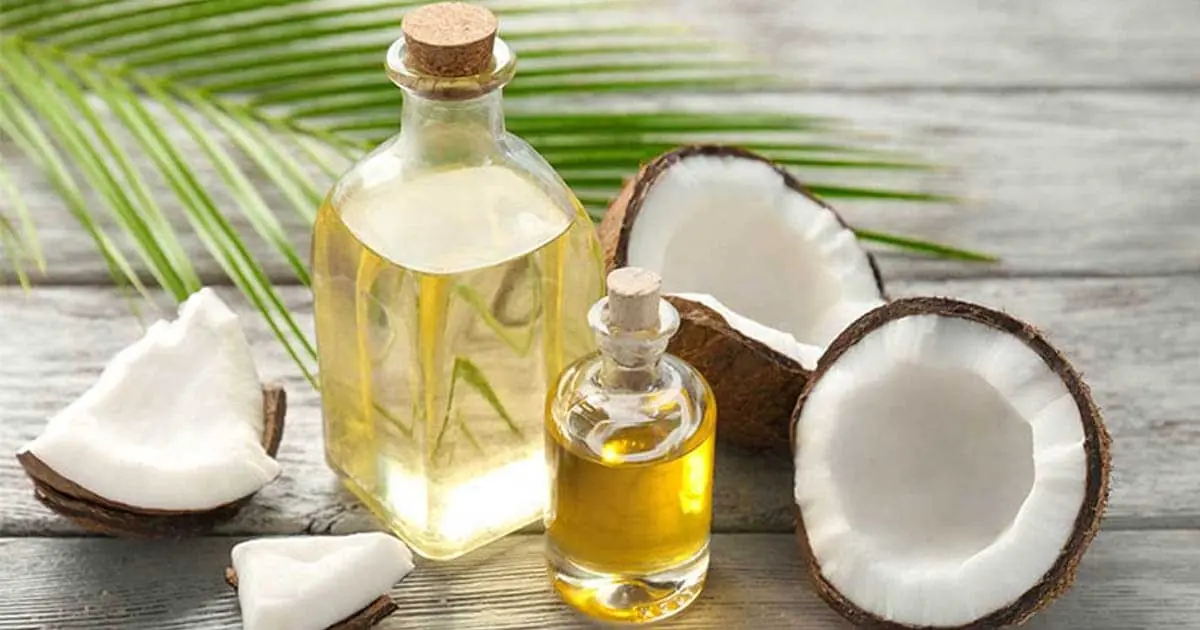
First, combine different oils rather than relying on one type. For example, canola oil has a moderate smoke point (around 204°C) and a favorable fat profile, making it great for general frying. Peanut oil, with its higher smoke point (230°C), is ideal for deep frying and adds a pleasant aroma. Lard, used in many traditional dishes, offers crisp texture and rich flavor when used in small amounts. Coconut oil — especially unrefined — can still be used occasionally for light sautéing or baking, but it’s not suitable for high-heat frying since its smoke point is only around 180°C.
Second, control your intake. Dietary guidelines recommend limiting cooking oil consumption to 25–30 grams per day for healthy adults. People with high blood pressure, elevated cholesterol, or obesity should be even more cautious. Using bottles with measurement markings can help you manage portions more accurately.
Third, choose high-quality oils. Opt for reputable brands with clear labeling, and avoid cheap, low-grade oils that may contain harmful impurities. Store oil in a cool, dry place away from sunlight, and avoid using it long after opening, as oxidation can degrade its quality.
In conclusion, coconut oil is neither a villain nor a savior — it’s just another type of fat. Instead of overestimating its benefits, focus on balance, moderation, and variety. Mixing different oils in your diet will not only make your meals tastier but also safer and healthier for your heart.
News in the same category


A legacy of health: Soong Mei-ling – longevity and fight against can.cer

6 Health Benefits of Sleeping In a Cold Room and How to Make it Cooler- And Why You May Not Want to Use a Fan

What Happens To Your Body When You Drink Ginger Tea Every Day?

Why Coffee Is Called the Secret Anti-Aging Weapon for Women

What Really Happens to Your Body When You Skip Dinner for a Month

What those strange skin patterns might really mean

Do you know anyone with this mark on their ear? See what it means

What really happens when you eat eggs every day

How proper breathing can instantly reduce stre.ss

How much water should you drink to protect your kid.neys and control uric ac.id?
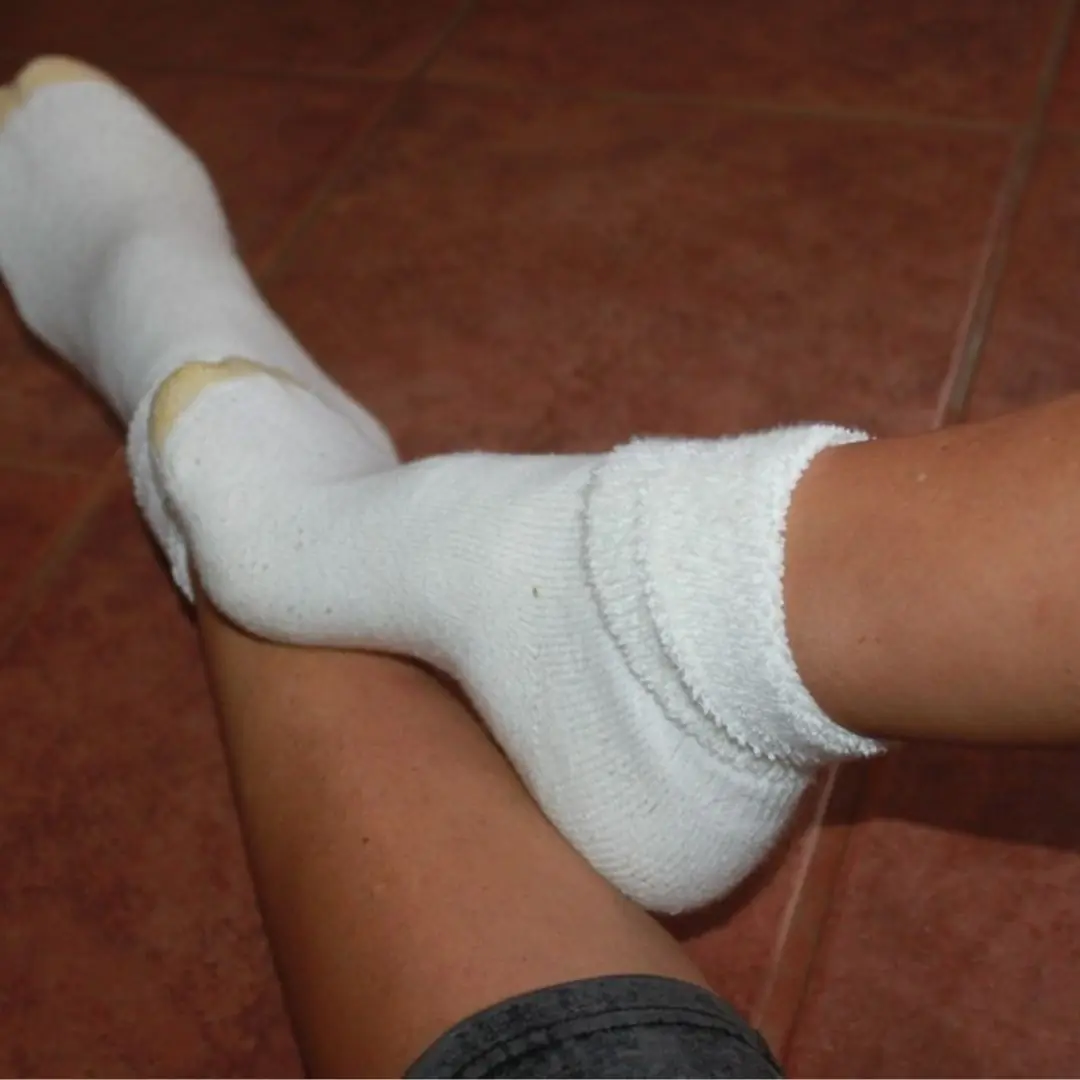
Here’s What Really Happens When You Sleep with Socks On

The Heroic WWI Homing Pigeons That Saved Countless Lives

The Time You Eat Breakfast Could Reveal Your Health — and Even Your Lifespan

Soaking Fish in Rice Water: A Simple Trick to Make Fish Tastier and Twice as Nutritious
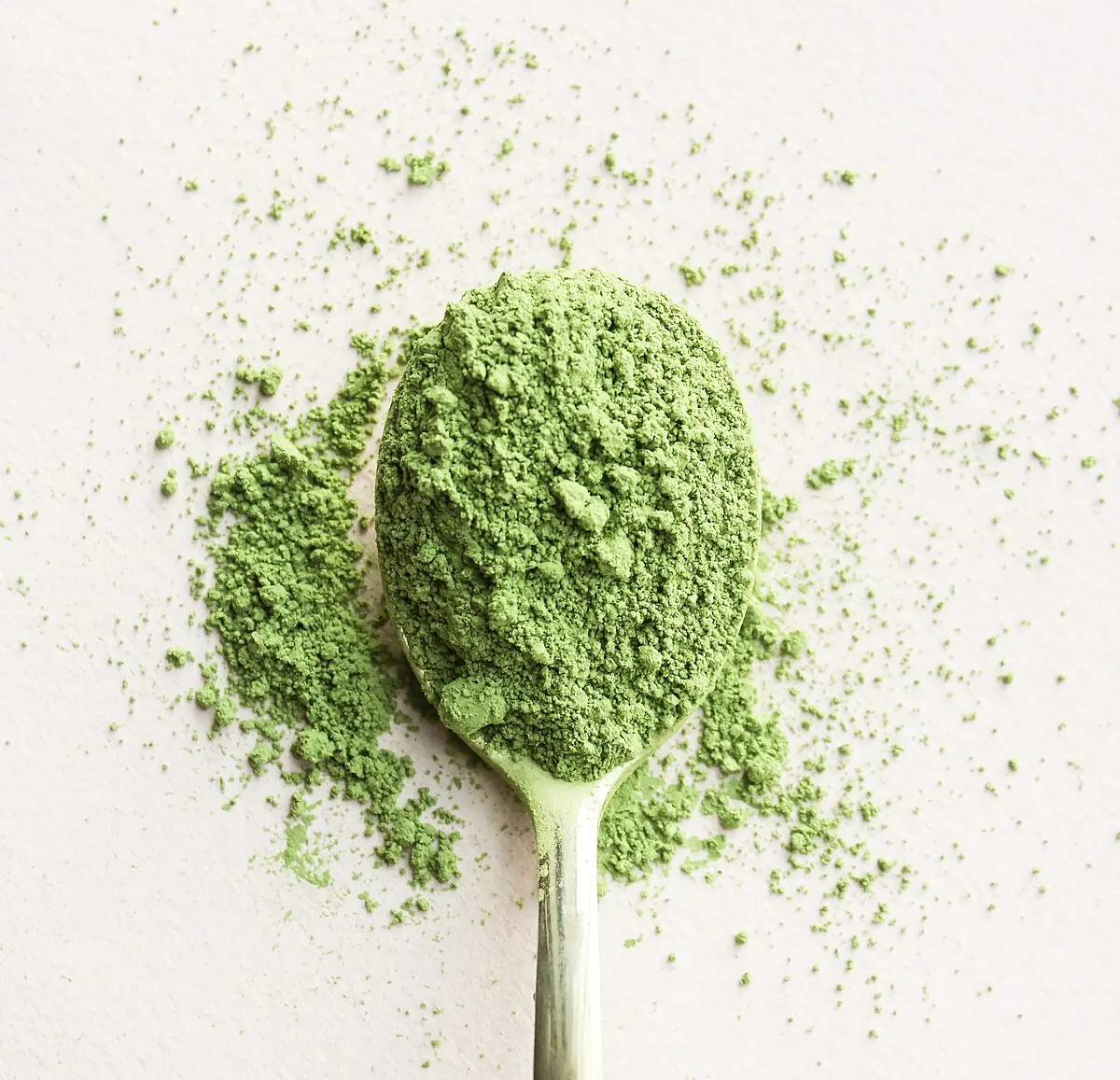
What Happens When You Drink Matcha Every Day?

When someone in the family passes away, never throw away these 4 things at their funeral

Why foreigners rarely use phone cases? Turns out it's because of this reason

Doctors reveal that green broccoli causes...
News Post

Should you really eat an egg every day? Here’s what science says about cholesterol

7 lifestyle changes that can transform your heart health
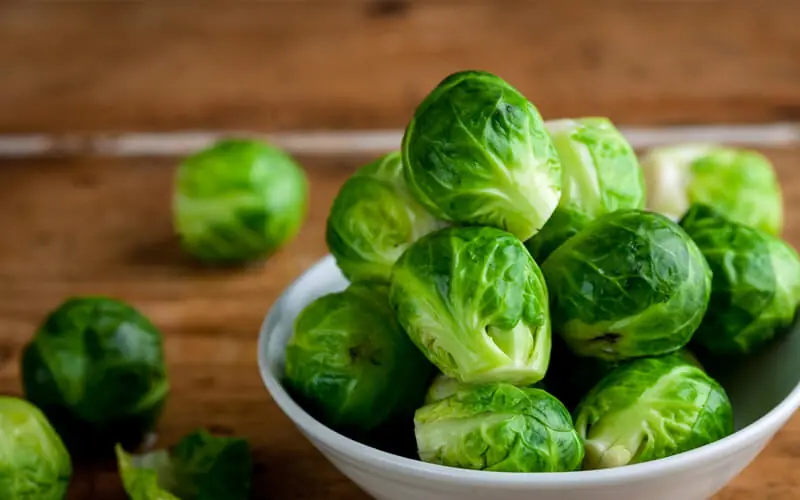
The humble superfood: why cabbage is a hidden hero for people with diabet.es
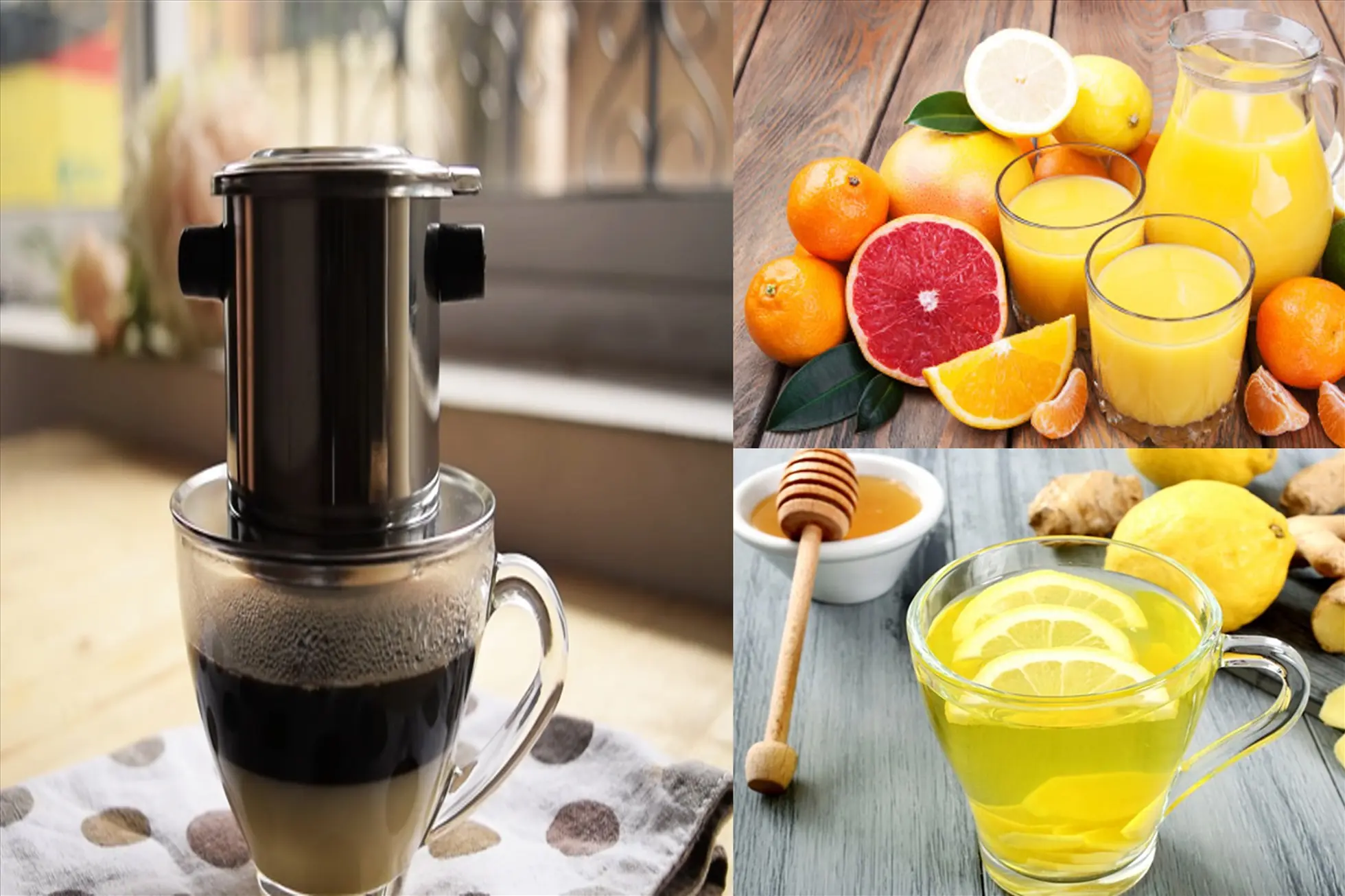
5 powerful drinks that boost your energy better than coffee
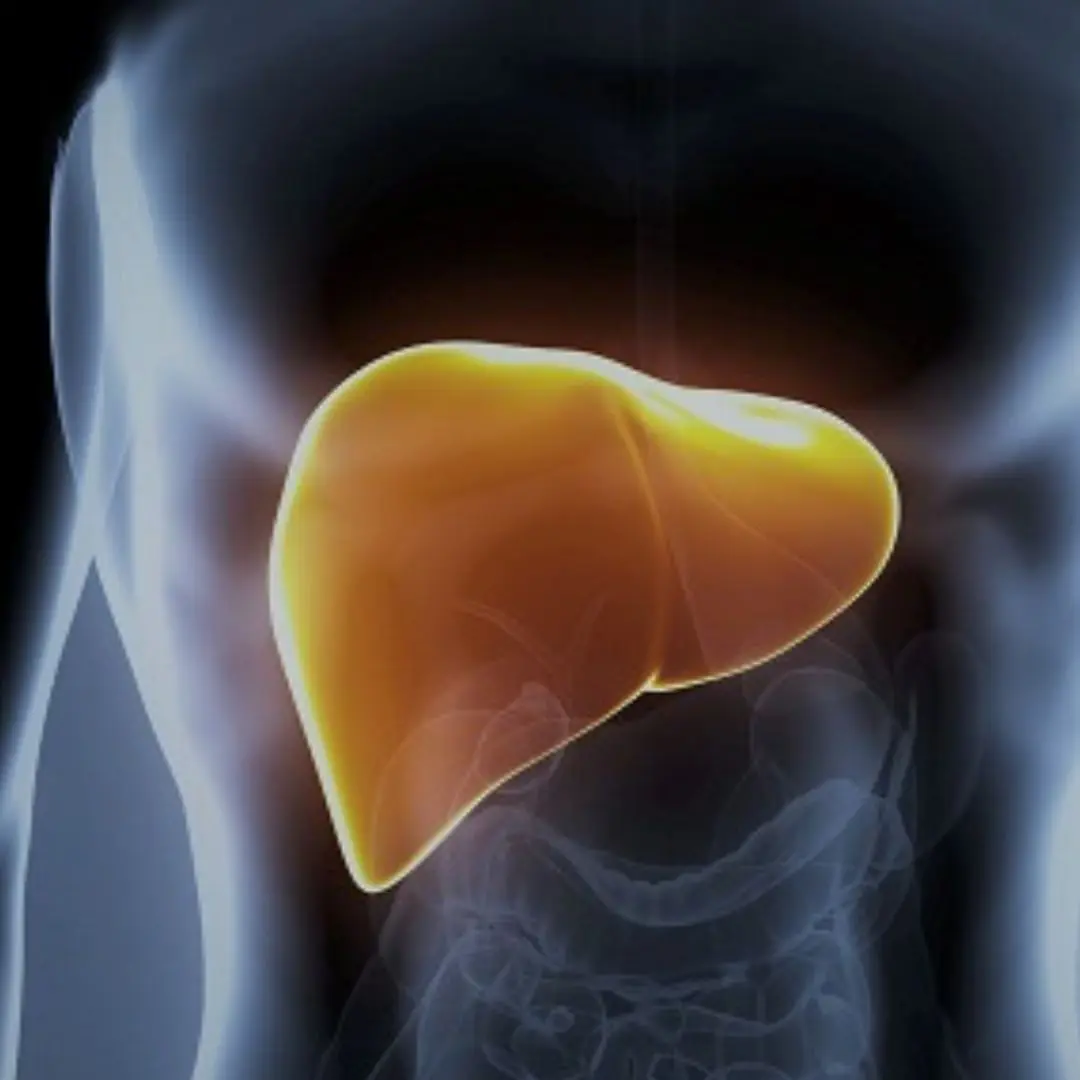
Science backs it up: 3 fruits that fight fatty liver, regulate sugar and cholesterol

The bedtime drink doctors say can improve your sleep and protect your kid.neys

9 surprising health benefits of black grapes you probably didn’t know
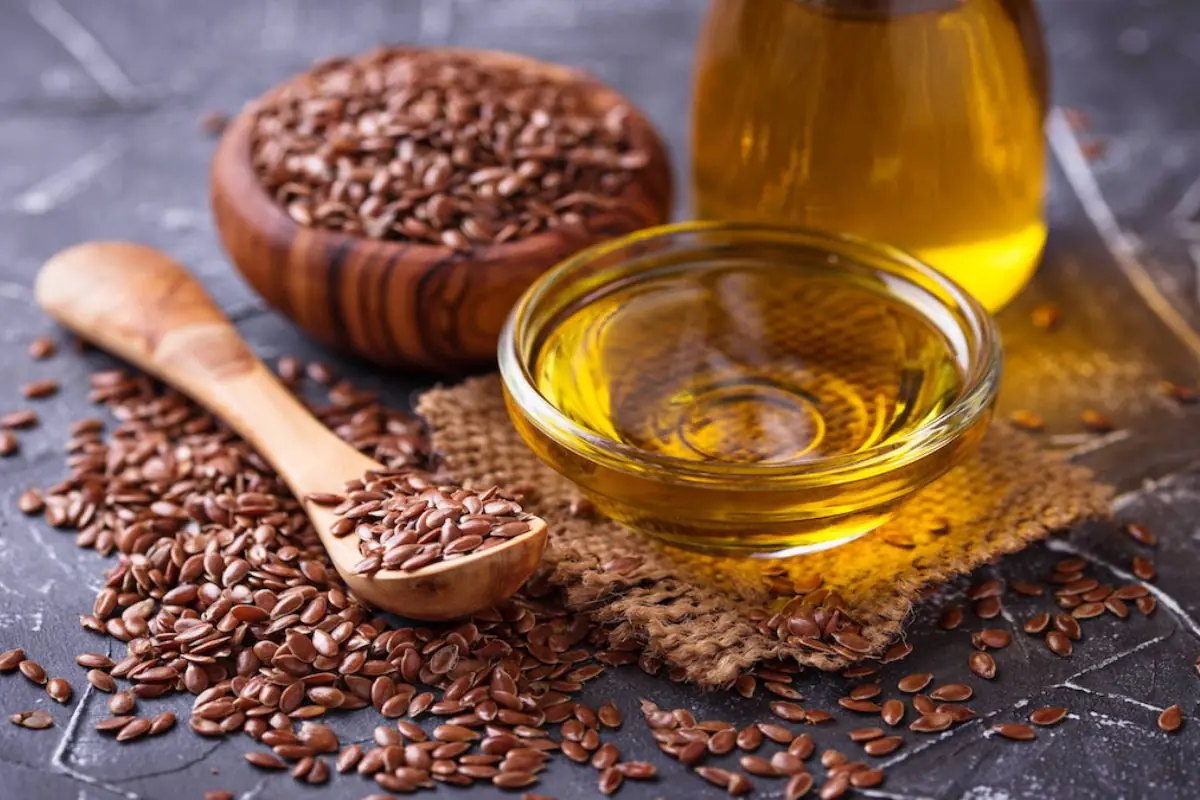
Are seed oils really healthy? Only if you use them like this

9 Habits That Can Dramatic.ally Cut Your Ri.sk of Disea.se

If your mouth feels dry at night, here are 8 reasons why

A legacy of health: Soong Mei-ling – longevity and fight against can.cer
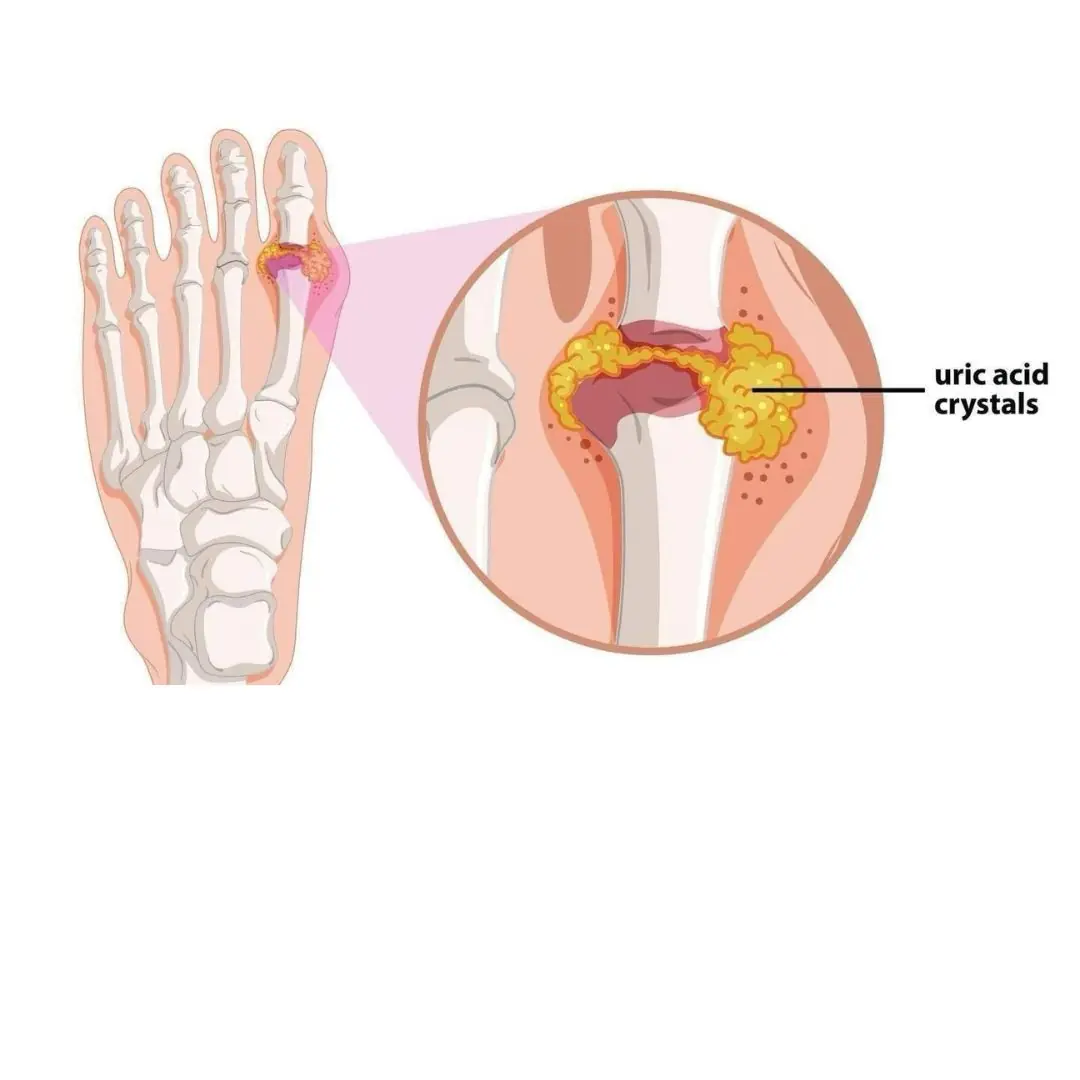
Quick & Easy Ways To Flush Out Uric Acid And Prevent Gout

Boy approaches disabled cat – doesn’t realize the camera is recording his actions

Don’t Be Fooled by the Sweet Taste – 5 Fruits That Can Send Your Blo.od Fat Levels Out of Control!

5 Early Warning Signs of Kid.ney Failure You Shouldn’t Ignore

6 Health Benefits of Sleeping In a Cold Room and How to Make it Cooler- And Why You May Not Want to Use a Fan

32 Signs You Have a Magnesium Deficiency & 23 Foods You Need to Start Eating Immediately
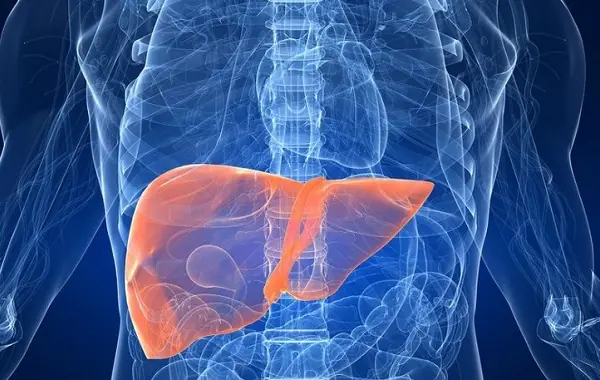
6 Warning Signs Your Li.ver May Be in Trouble
